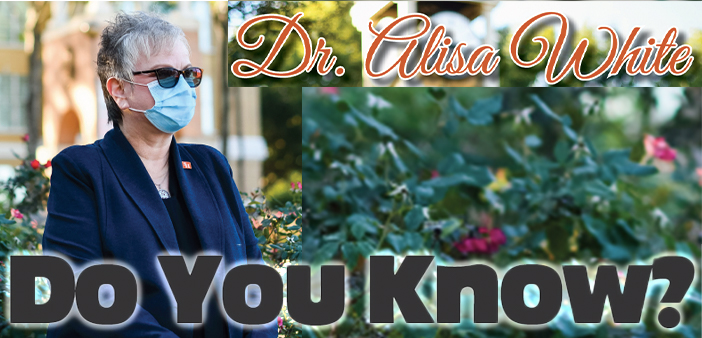Vaccinations in the pregnant mare serve two main purposes. The first is to stimulate antibody production that will help protect the newborn foal. The second is to protect the mare herself from viruses which may cause her to abort the pregnancy.
Pregnant mares should be vaccinated for Equine Herpes Virus type 1 (EHV-1) at 5, 7, and 9 months of gestation. Some veterinarians will recommend vaccination at 3 months of gestation as well. EHV-1 is the number one infectious cause of abortion in the mare. Foals can also be born weak and nonviable. The virus is shed in the respiratory secretions of infected animals and by the fluids, placenta, and fetus in the case of abortions. Horses can be asymptomatic carriers of the disease, shedding the virus without actually being clinically ill at the time.
Pre-foaling vaccinations are another important group of vaccines given to pregnant mares 4-8 weeks prior to the calculated foaling date. These vaccines induce an antibody response in the mare and result in the secretion of antibodies in her colostrum. Once the newborn foal ingests the colostrum, these antibodies are absorbed from the gastrointestinal tract and enter the foal’s bloodstream, providing a strong foundation for its immune system. Ingesting colostrum in the first 12 hours after birth is critical to acquiring these antibodies, because they are too large to cross the placenta while the fetus is in utero, and the gastrointestinal tract of the newborn is only able to absorb them for a short time. These vaccines provide proper protection until the foal is old enough to receive its first series of vaccines. There are many different vaccines produced for many different diseases. It is preferable to use a killed form of the vaccines instead of modified live forms due to the possibility of the modified live form allowing the virus to replicate in the pregnant mare.
Vaccinations are only a part of the management practices to be followed for the pregnant mare. Pregnant mares should be grouped according to stage of gestation and should ideally be separated from horses of other ages. Pregnant mares should also ideally be moved to the place where they will foal 4 to 6 weeks prior to their due date in order to allow their immune systems to adjust to the pathogens present in the foaling environment. This natural exposure will also induce antibody production to these pathogens, again allowing for antibody passage to the newborn foal via colostrum. This will allow the foal to be well prepared to handle the challenges of its new world.
It is critical to visit with your veterinarian about which vaccines are best suited for the risk associated with your farm.



